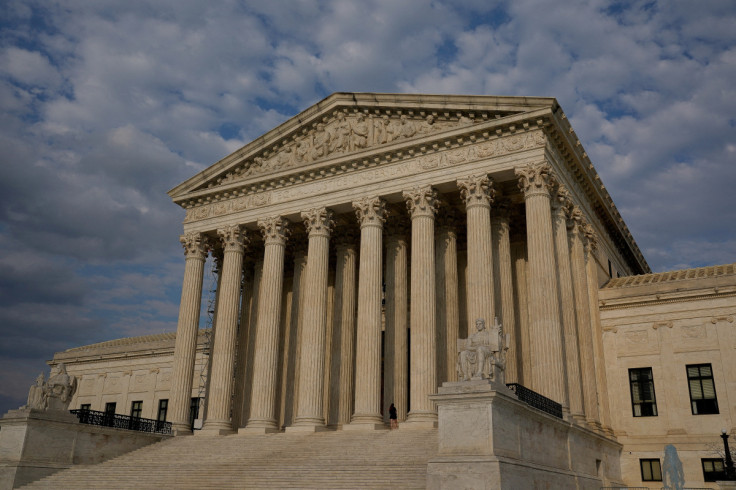US Supreme Court Rejects Race-based Challenge To Native American Adoption Law

The U.S. Supreme Court on Thursday upheld decades-old federal requirements that give preferences to Native Americans and tribal members in the adoption or foster care placements of Native American children, rejecting a challenge claiming parts of the law were racially biased against non-Native Americans.
The justices in the 7-2 ruling found that the plaintiffs did not have legal standing to challenge a federal standard giving preference for adoptive placements, after extended family or tribal members, to "other Indian families," as a violation of the U.S. Constitution's Fifth Amendment guarantee of equal protection under the law.
The court also rejected challenges to the law, known as the Indian Child Welfare Act of 1978, on other grounds.
The law sought to reinforce tribal connections by setting federal standards for removal and placement in foster care or adoption.
Congress passed it to end a longstanding practice in the United States of removing many Native American children from their families and placing them with non-Native Americans. At the time of the law's passage, between 25% and 35% of all Native American children were removed in states with large Native American populations, according to court papers.
The law set federal standards for removing children from their families and placing them for foster care or adoption, including requiring that "preference" be given to members of a child's extended family, other tribe members or "other Indian families."
The lawsuit, first filed in 2017, was brought against the U.S. Interior Department and federal officials by Texas and three non-Native American families who sought to adopt or foster Native American children. They include Texas couple Jennifer and Chad Brackeen, who in 2018 adopted a child whose mother is a member of the Navajo Nation.
President Joe Biden's administration defended the law before the Supreme Court, which heard arguments in the case in November.
Among other claims, the plaintiffs said the statute racially discriminates against non-Native Americans, violating the Constitution's Fifth Amendment guarantee of equal protection under the law, and that it unconstitutionally directs the actions of state agencies in adoption matters. A federal judge ruled favor of the challengers on both claims in 2018.
In a 325-page ruling issued in 2021, 16 judges sitting on the New Orleans-based 5th U.S. Circuit Court of Appeals narrowed the lower court's ruling, but affirmed the invalidation of certain parts of the law either by a majority vote or by an equally divided 8-8 margin.
The law's defenders have said that singling out "Indians" in legislation is proper under both the Constitution and Supreme Court precedents that consider the designation a political one.
Tribal groups have called the challenge an attack on their sovereignty and have said a ruling that broadly undermines the Indian Child Welfare Act could affect issues beyond child welfare including land rights and economic development.
© Copyright Thomson Reuters 2024. All rights reserved.











